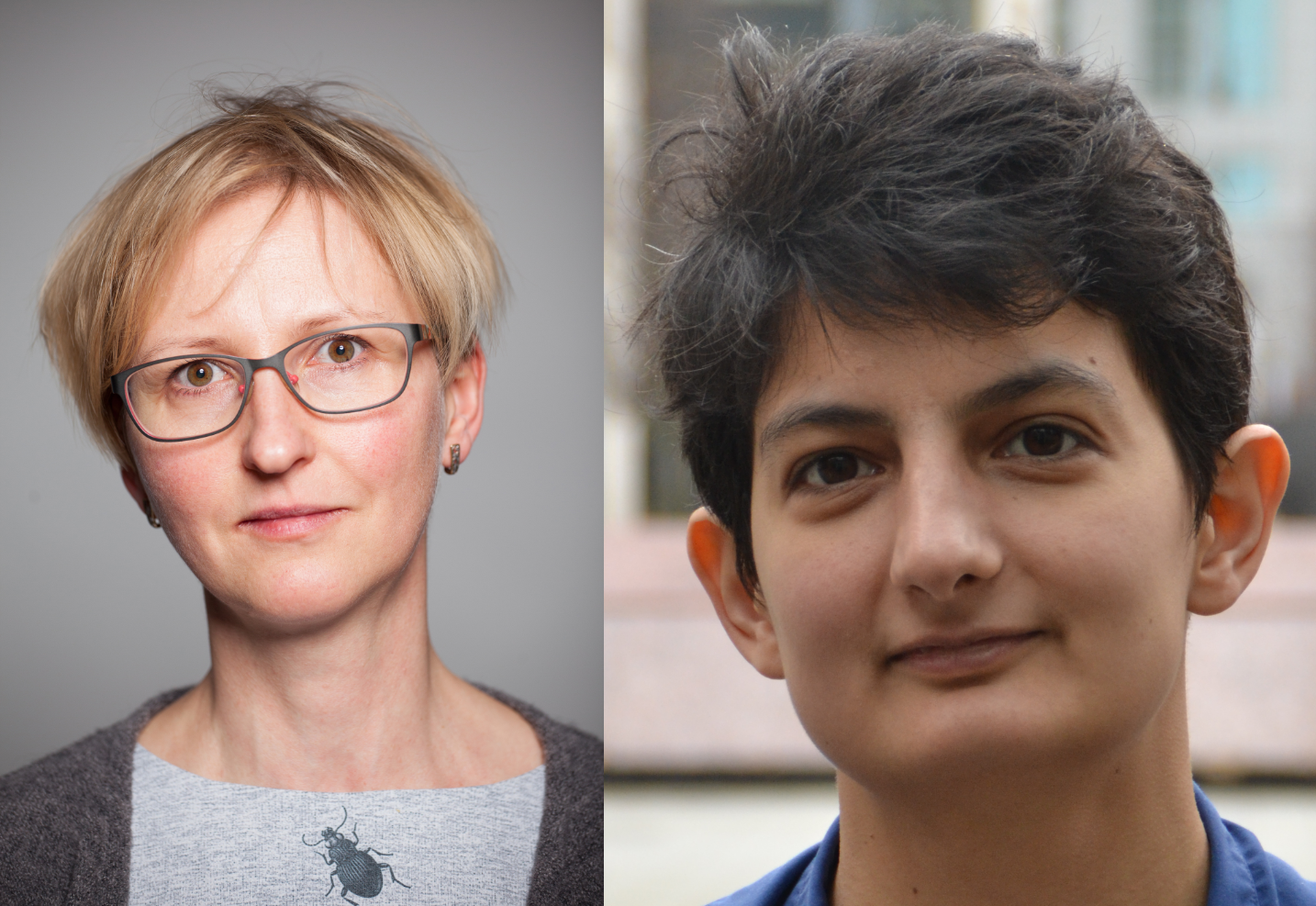Search Results for: legal
Maria Mindlin
Maria Mindlin is CEO of Transcend, a company that provides plain language and translation services to courts and agencies in the U.S. She also teaches and trains others in the legal sector so they can learn more about readability and user testing. Maria’s work integrates today’s technologies with plain language, accessibility, and design.
Tanushree Padath
Tanushree Padath is a Project Manager/Visual and UX designer at Transcend. She makes plain text more accessible by incorporating design principles and iconography. She also conducts design and usability workshops for the legal sector. She has served as a judge in the 2019 Clearmark awards in the website category.
Justice: Plain language in family law helps but it’s not enough
Published in The Clarity Journal 81 – 2020. Introduction This article discusses how plain language in Australian family law combined with a clear process makes justice more accessible. Both substantive and procedural law are discussed. Justice requires minimal delays, minimal costs and accessibility. Law is accessible when substantive and procedural laws are understood by lay […]
The value of plain language jury instructions in facilitating access to justice
Published in The Clarity Journal 81 – 2020. The right to a trial by jury is one of the fundamental elements of the American system of justice. Jurors are asked to engage in a complicated and difficult task, listening to different versions of facts provided by the parties at a trial and applying their understanding […]
Does plain language only benefit the higher literate? Avoiding the Matthew-effect in plain language revisions
Published in The Clarity Journal 80 – 2019. Every reader of this journal will be convinced that plain language revisions improve reading success. But in this article, I will argue that this improved success might not help the people you wanted to help in the first place; people who do not read as easily as […]
Tialda Sikkema
Tialda Sikkema works in the law department of the University of Applied Sciences in Utrecht, The Netherlands. Since 2009, part of her work is to train judicial officers in document quality and legal writing. For ten years she was a member of an appeal commission in labour cases. In 2018, she will finish her PhD […]
Clarity welcomes new representatives from Hungary and Poland

Vera Gergely (Hungary) has worked in different fields and environments, from NGOs through multinational companies to startups. She has experience in software testing, project management, organizing events, and technical writing, with a Masters in Economics. In 2014 she embarked on the ambitious task of introducing plain language in Hungary. Since then, she has worked as a […]
The Clarity Journal 82
In this issue : Plain language: It’s about access to justice Writing revolution: We need you! Notes from the road: Plain language editing of a court form Access to justice through clarity of legal language Improving access to criminal justice by rewriting the Belgian letter of rights Access to justice and the right to understand […]
The Clarity Journal 81
In this issue : Access to justice requires plain language Do you understand your rights? Lawyers would like to write clearly, they just don’t have time Clarity in books on financial law: An author’s view Access to justice — “I did it my way” The value of plain language jury instructions in faciliating access to […]
Clarity breakfast (2017) – Plain language in jury instructions

Professor Cheryl Thomas, Professor of Judicial Studies at University College London, will tell us about her research into jurors’ understanding of the instructions judges give them. Her 2010 study, ‘Are Juries Fair?‘, found that when judges provide written directions on the law to jurors this helps jurors better understand how specific legal terms are used […]